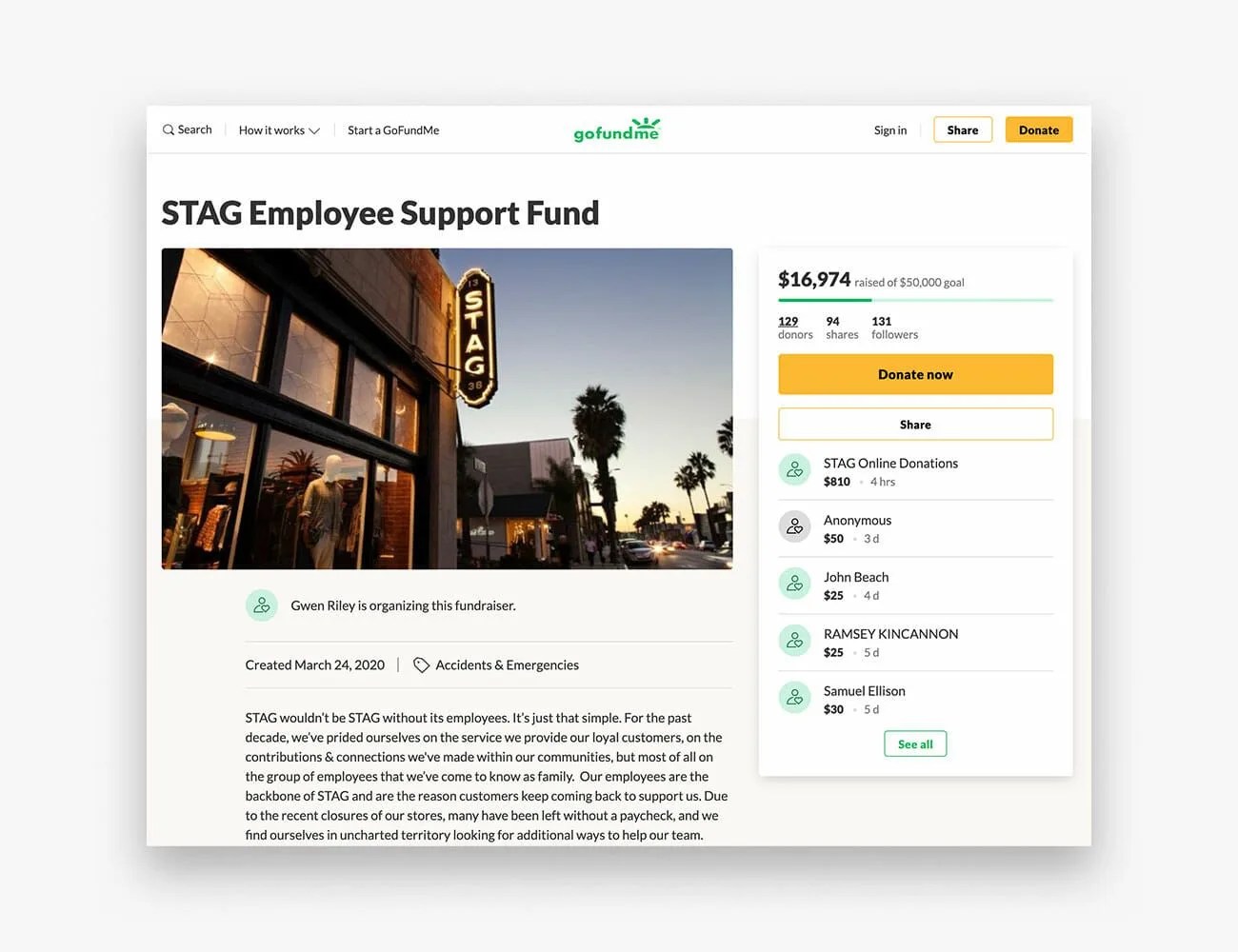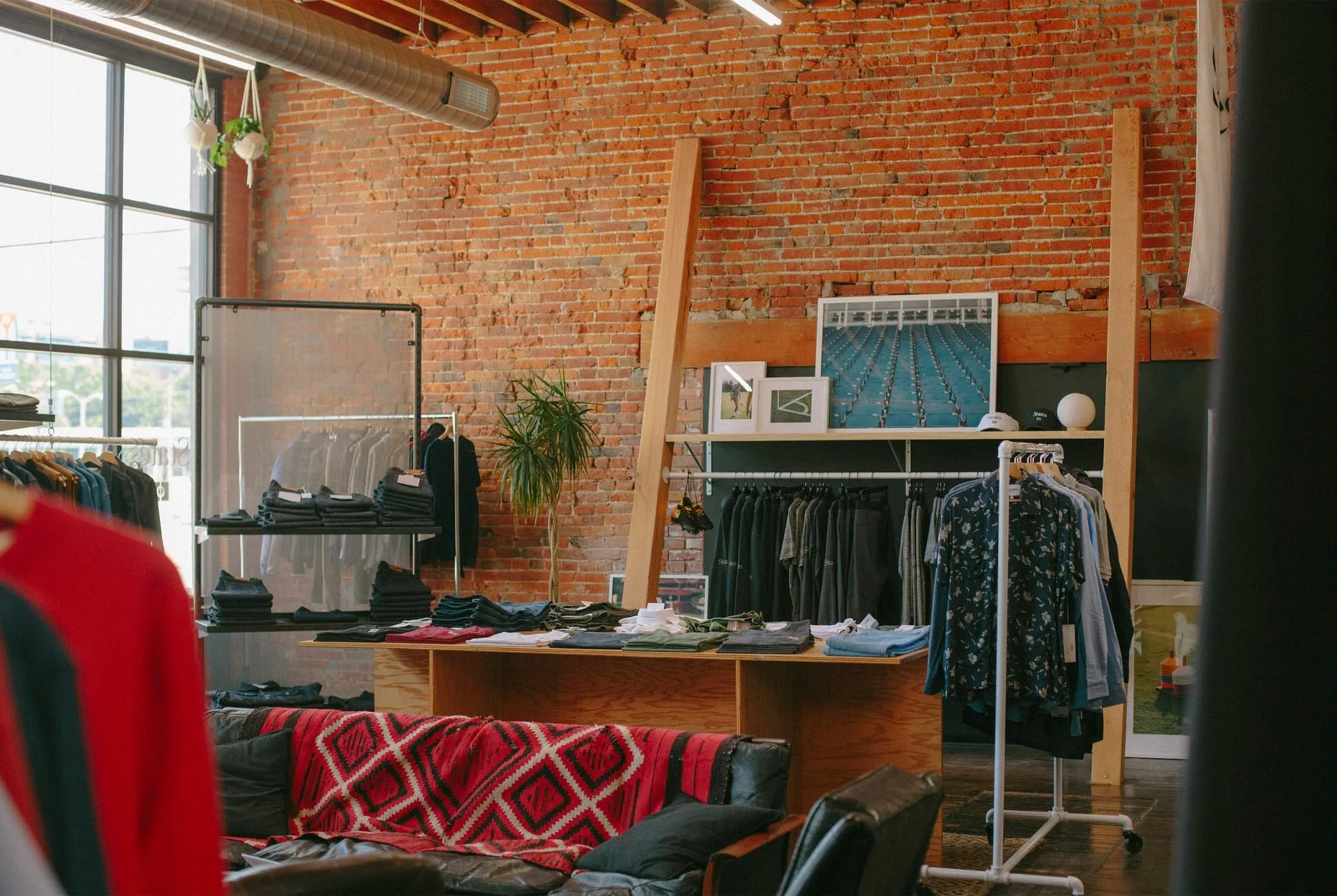Left and right, retailers are closing their doors. For how long, they don’t know. And for many, locking up the doors could be permanent.
It’s easy to see how the lack of foot traffic and general reticence to shop for clothes in the wake of coronavirus pandemic has impacted brick-and-mortar retail. But, the ripple effects aren’t just at the store level. “It goes all the way down the line. For us, our problem really starts at manufacturing,” says Andrew Chen, co-founder of denim brand 3sixteen. For brands like Chen’s that have factories in San Francisco, production of new product has come to a halt.
Shelter-in-place orders have forced non-essential businesses, which include garment factories, to shut down operations. Even if factories have the materials to produce clothes, they can’t finish making the product, let alone ship it out to brands and retailers. Other brands might be in a location where they’re still able to actually ship their product to respective retailers, but when a factory closes, that means there won’t be anything for brands to ship.
In other cases, brands that had product ready to ship to retailers have been stopped short because the stores cannot make payments on goods or have shuddered altogether.
The timing of the pandemic hit just as brands started to ship out spring product. “Before the virus really spread, we accepted a lot of spring orders, but we have some spring orders that are pending,” says Cam Neiderhauser of Kansas City, Missouri-based store East + West. “Some of those are ready to ship and we’ve had to say, ‘Hey, we’re definitely still going to accept it, but we may need to push back the delivery date until we have a clearer picture of when we’ll be open back up officially.’”
To scrounge up revenue, stores big and small have posted sitewide sales and have promoted gift cards. Need Supply recently extended its spring sale, while others like Stag Provisions have set up GoFundMe pages to help pay employees.


